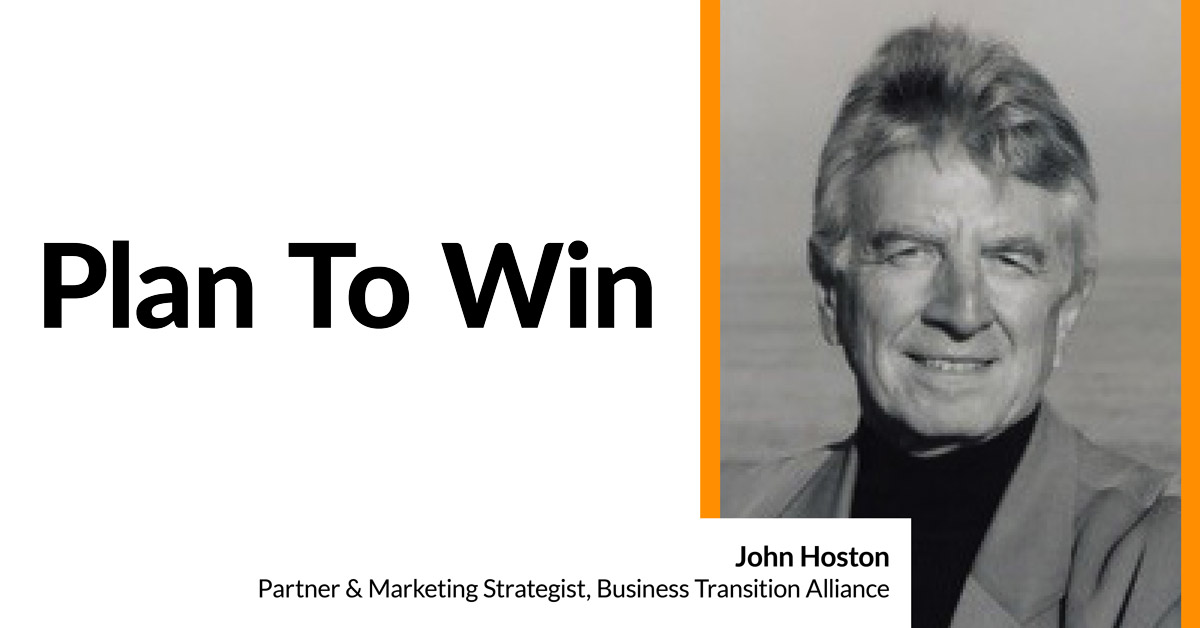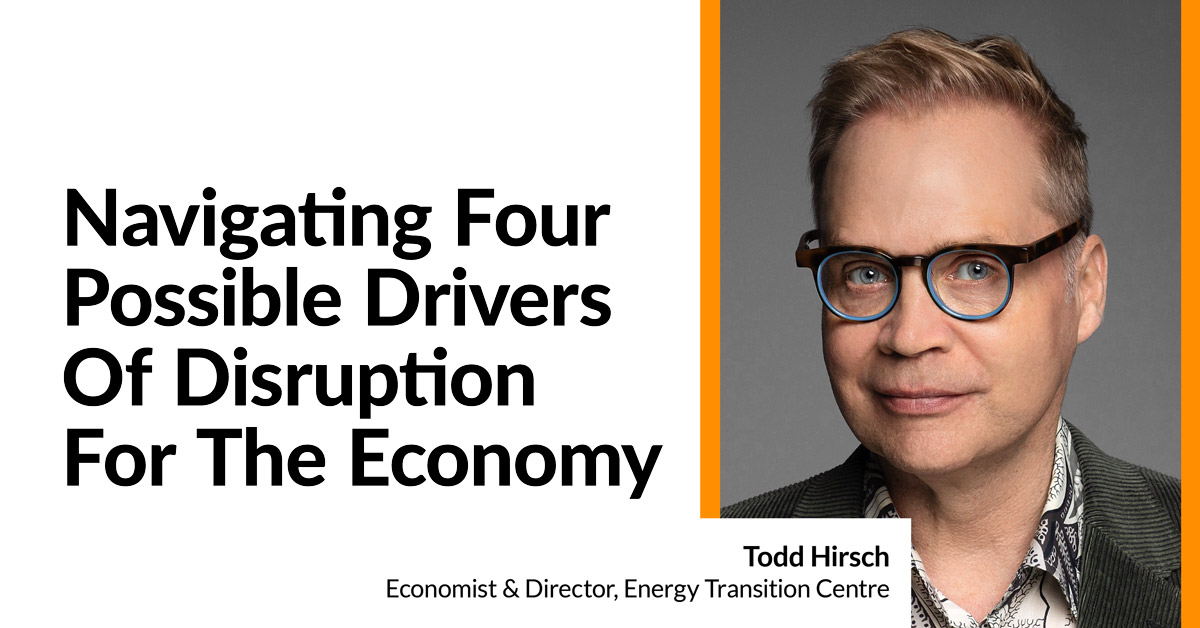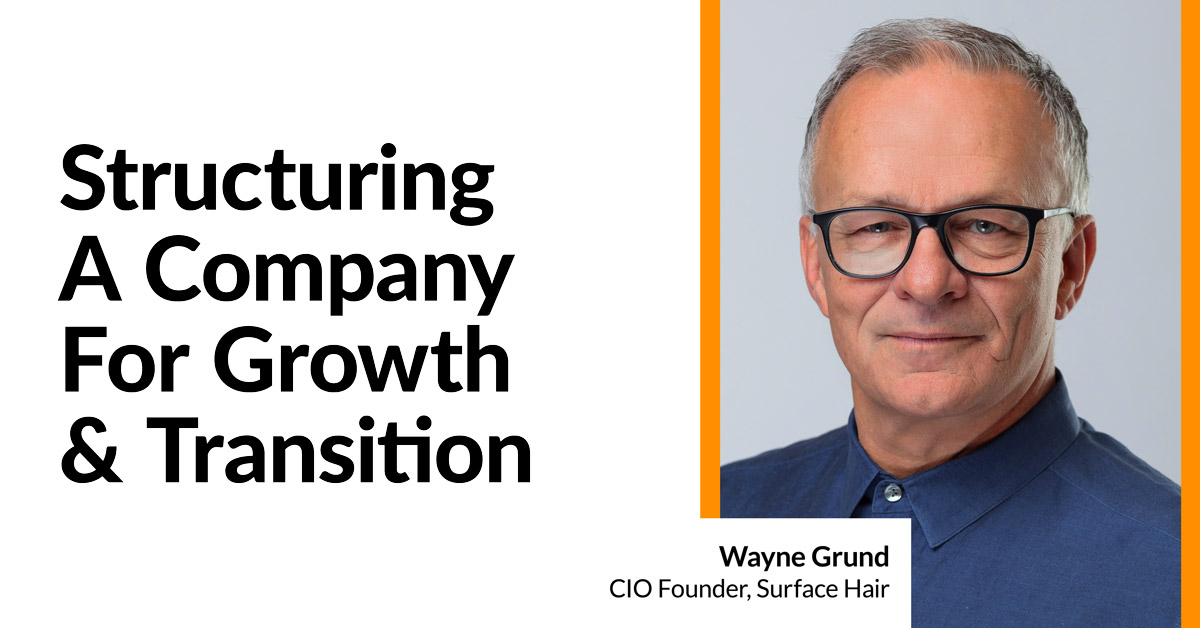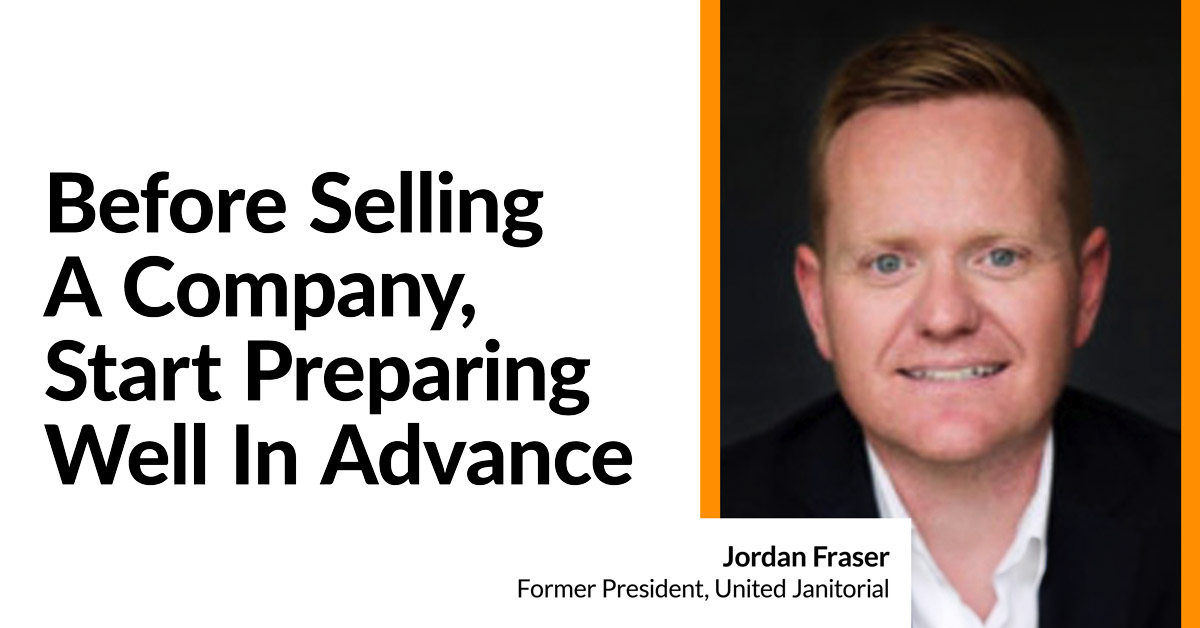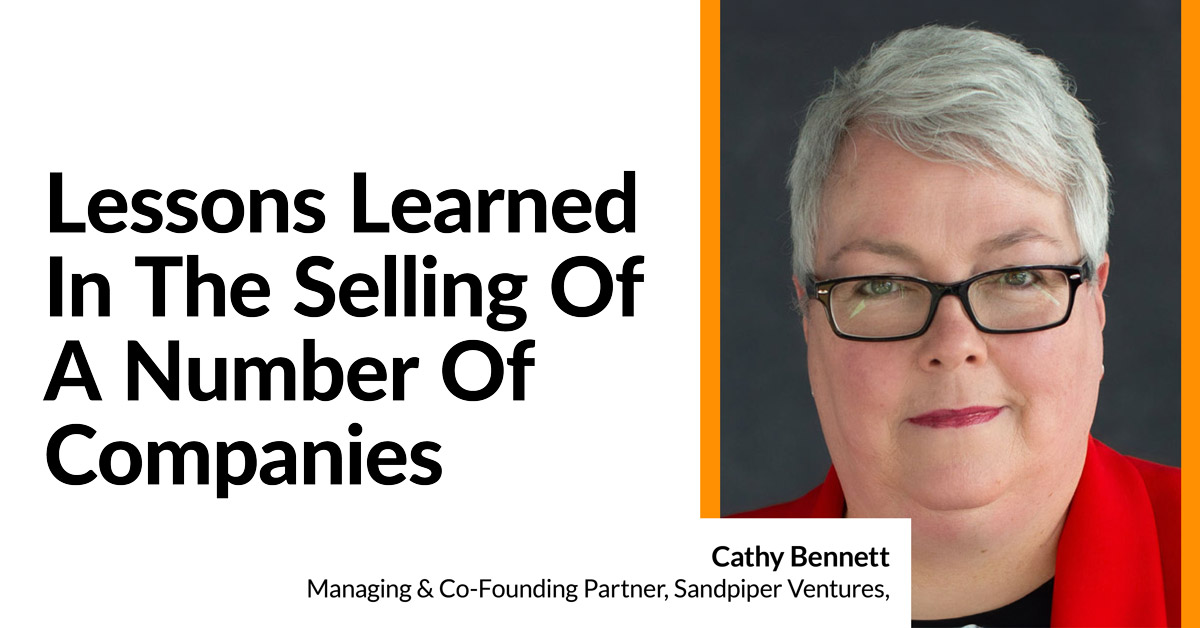It’s three times the charm for Gordon Smith, one of Vancouver’s most successful waste management entrepreneurs
Bonnie Elgie
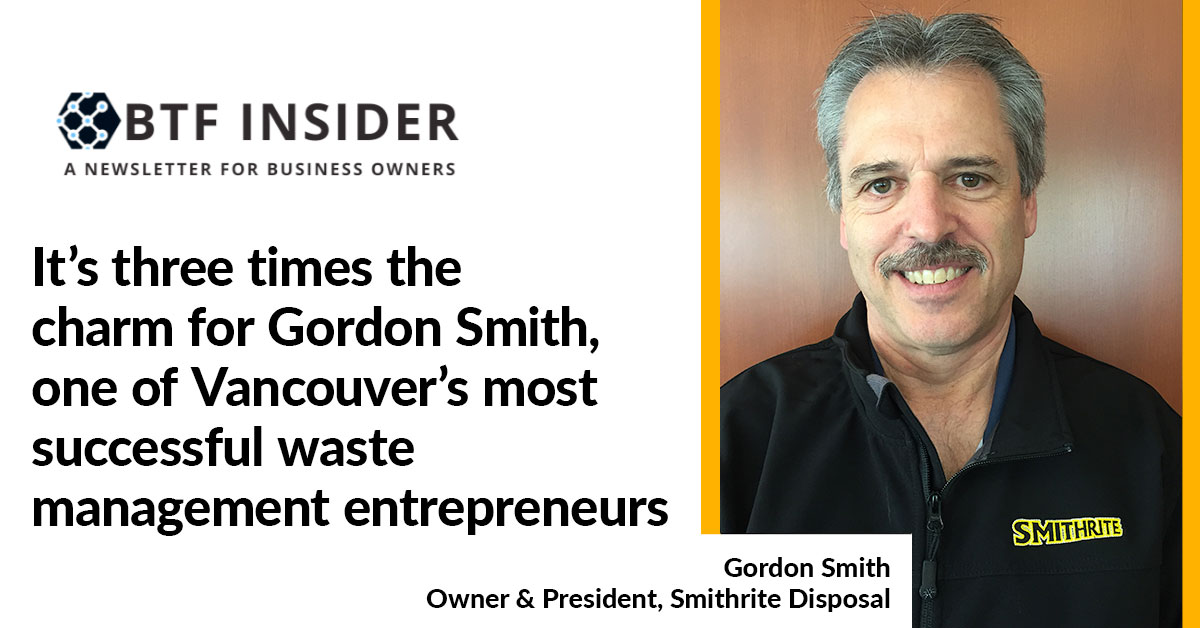
Gord Smith knows the waste management industry. After spending his adult life in the business, he’s seen the big players become bigger by acquiring smaller family businesses. In fact, Gord has been through the process three times and shares his unique insights into building, buying and selling businesses within Vancouver’s waste management industry.
It began back in 1947 when Ascher and Irene Smith opened a family-owned waste disposal company in the Greater Vancouver area. Their son, Gord, eventually began working in the family business as operations manager, but illness forced his parents to sell the company to Laidlaw in 1983. Gord stayed on as operations manager for three years before deciding to leave to start his own disposal company called Smittie’s. He was only 24 years old.
It was only a decade later when Waste Management came to Vancouver and offered to purchase Smittie’s from the young entrepreneur. Gord accepted the offer, but within a year he was back running a business having purchased Bronco trucking company. It was the early 90s when he did something that would take him right back into the waste management industry for a third time. He searched up his family’s old company name and url online.
Smithrite popped up as a defunct business, but Laidlaw still held the rights to the name. Gord realized what the name meant to him and inquired about getting it back. His timing was fortuitous and within 30 days he had the name. The event inspired Gord to return to the waste disposal business for a third time so he sold Bronco and got busy rebuilding his family’s business.
Thanks to the long-standing reputation of the Smithrite name, Gord found building his business was easier than when he’d started new with Smittie’s. He grew the business, extending his service offerings and expanding his market area.
Gord shares, “Every 15 years or so in our industry there is a restructuring and when you don’t have family members to take over; lots of purchasers want to buy this kind of business.” It wasn’t long before both GFL and Waste Management wanted to purchase Smithrite from Gord and a bidding war ensued.
Because this was his second time going through the process, he knew a lot of the people on the merger and acquisition teams so Gord asked everyone to “put their best foot forward and not fool around.” Because of his no-nonsense approach, a deal was reached fairly quick. In the end GFL was the successful buyer.
On acquiring a business…
Gord says that when he acquires a business he assures himself that 40% of the business isn’t going to disappear after the purchase.
“That’s the beauty of the waste industry, a large portion of the work is contracted [for example, from municipalities] rather than month-to-month arrangements.” He suggests that if you’re thinking about purchasing a business, go through the books to see how much of the business is likely to stay with you.
Gord adds that you should also look at the prices people are paying for the service and decide if you can carry on with that or not. It’s all going to depend on who the customers are, but make sure those numbers work.
On knowing when it’s time to sell…
Once Smithrite got big enough, Gord found it difficult to be as hands on as he felt was needed. Over five years he hired a number of business managers but they either didn’t understand small business or simply didn’t have the qualifications. After five years of trying to replace myself, GFL came knocking.
Gord added that sometimes he still thinks that if he’d been successful in finding a second in command he might not have sold. It got to the point where my personality started to change – I wasn’t happy in my own soul when I became so busy that I didn’t have time to talk with people. It’s those relationships that help you build a strong business.”
On selling a family owned business…
Purchasing or selling a family business is a lot different than a corporate business. From the first employee to the last, Gord did 99% of hiring and firing in both his businesses. “A big part of my success in business was to know all my employees on a personal and business level. I had a lot of 20 – 30 year employees and knew their families, their interests.”
Many of the employees were with Gord at Smittie’s and then joined him at Smithrite. “After the sale to GSL I stuck around to help with the transition for two years, I felt it was the best decision for myself, my employees, my family.”
On the challenges of staying on with the buyer…
Gord admits that working in a small business is very different than a larger corporation. His management style is quite different than that of the corporations he stayed on with and it was a challenge for him during this time.
Gord explains, “As a family-run business the buck stopped with me. My door was always open to employees because that is how we built a stronger company. I always tried my best to keep it light, but there was none of that after the sale…you could feel things were different as soon as you walked in the front door.”
Gordon considers himself retired (for now), although he still holds some commercial real estate and a couple of small companies associated with the waste industry. He often reminisces about his days in the industry, but realizes it’s the people he misses, not the day-to-day grind.
Gord sums it up his selling experiences saying, “You have to be true to your people and yourself. When things misalign, it’s not good, but when they are aligned, it’s great.”
BACK







